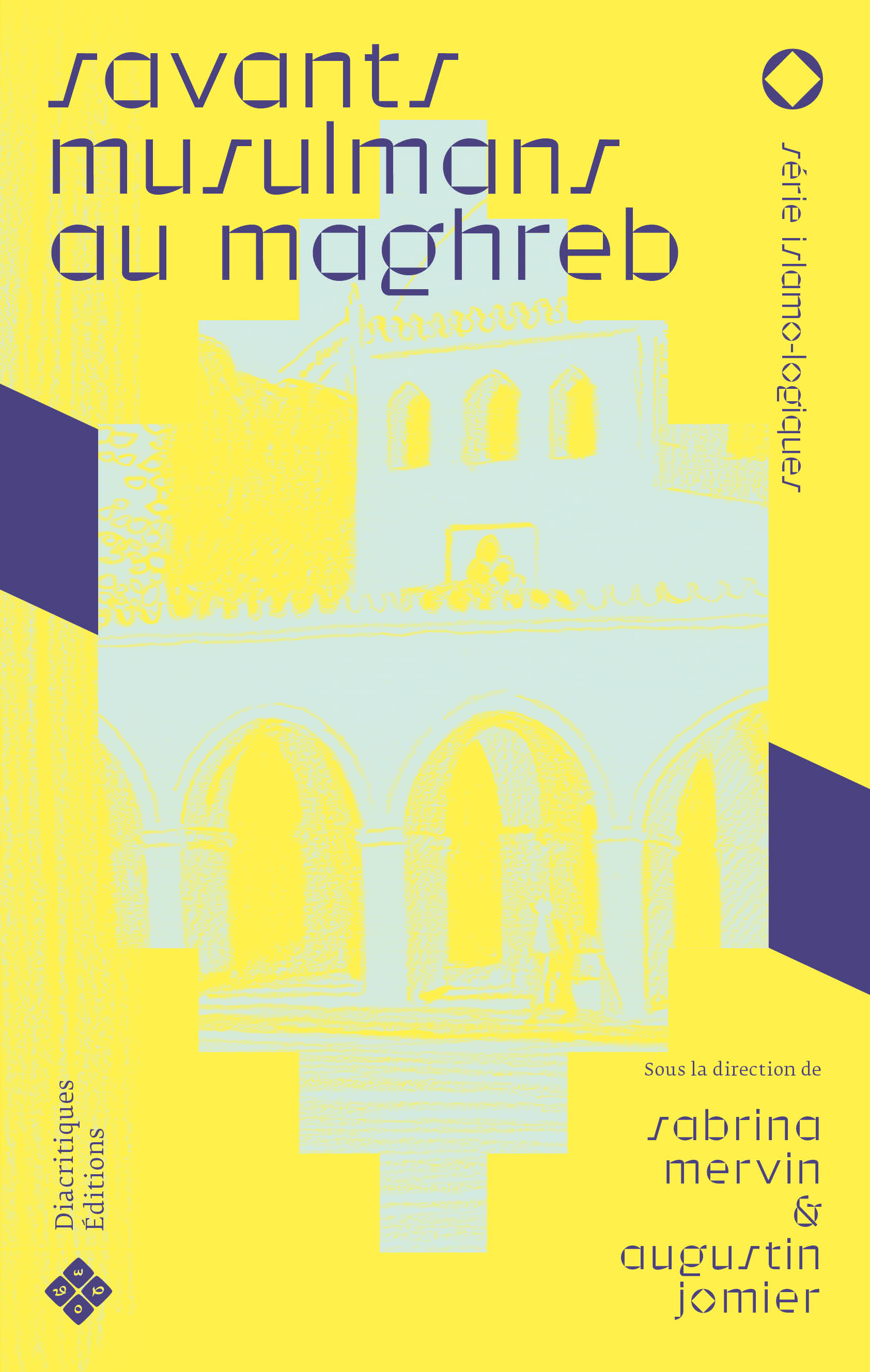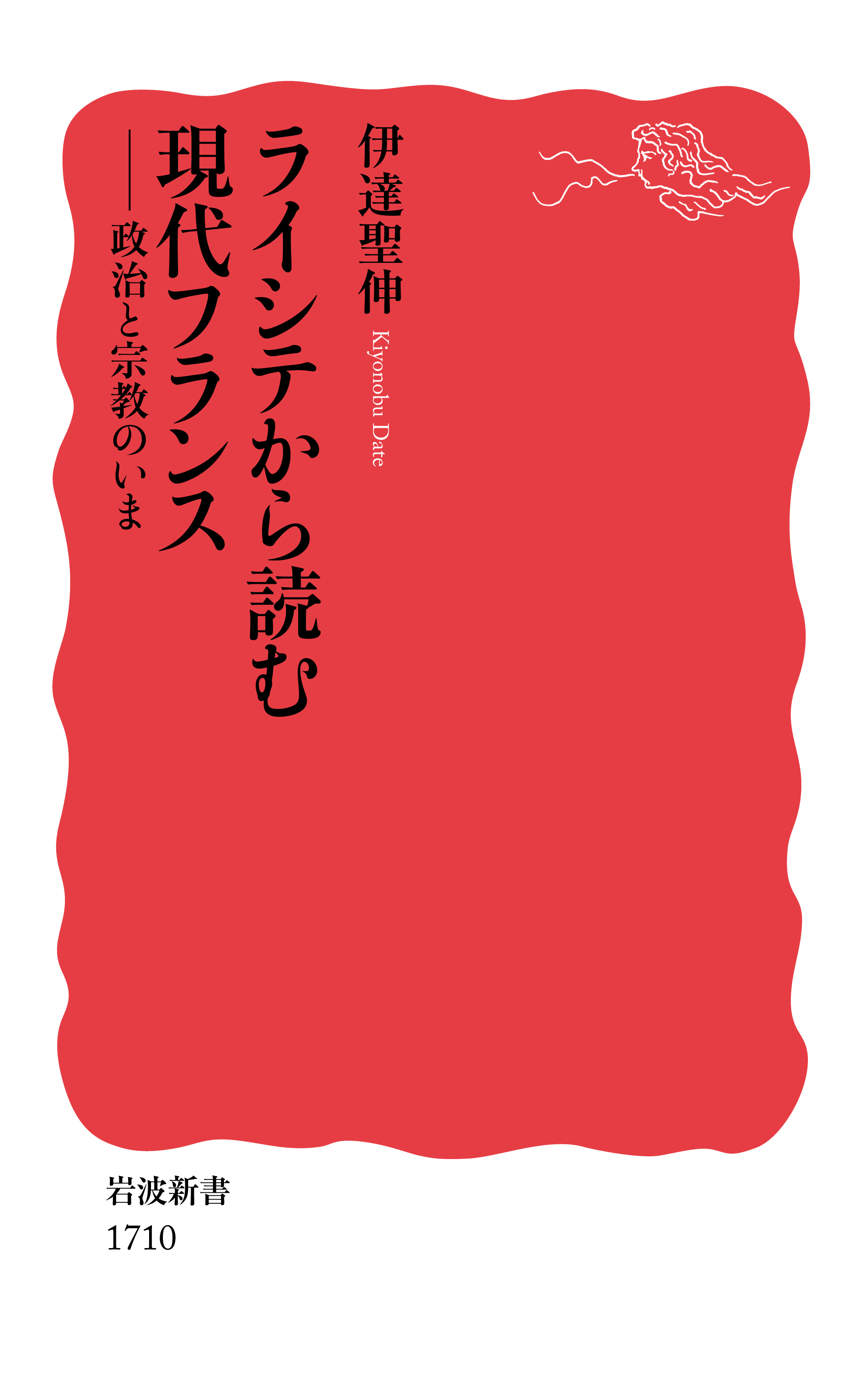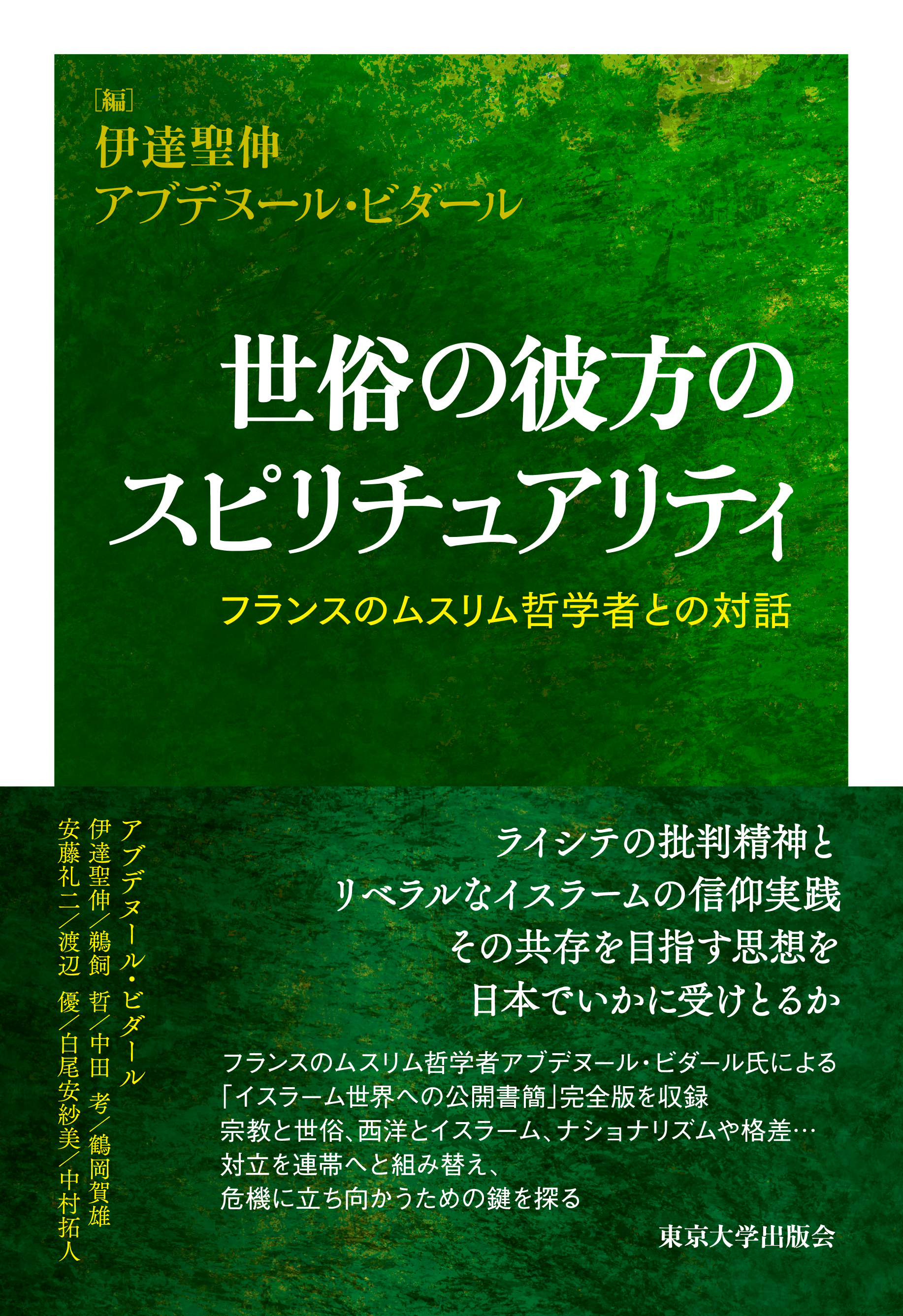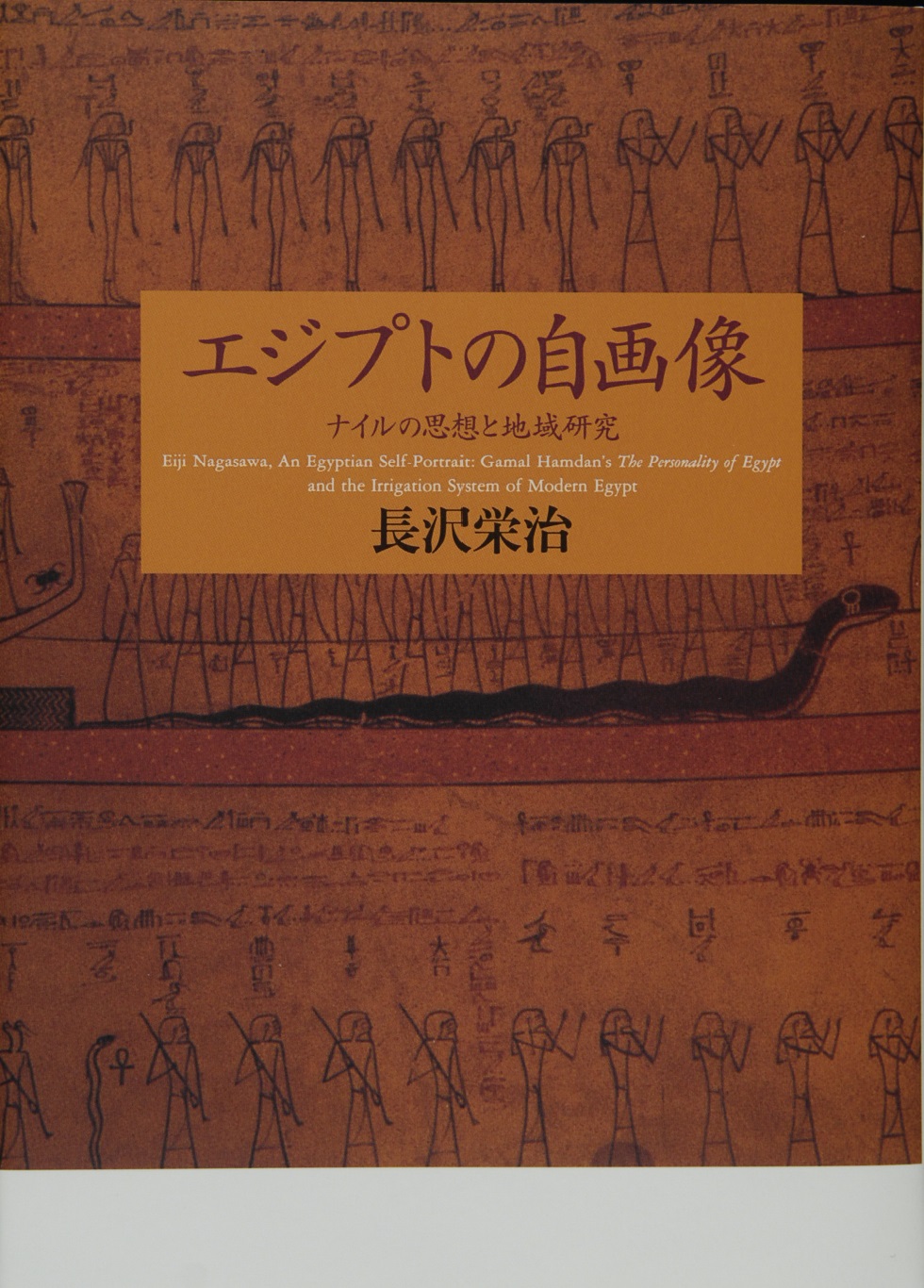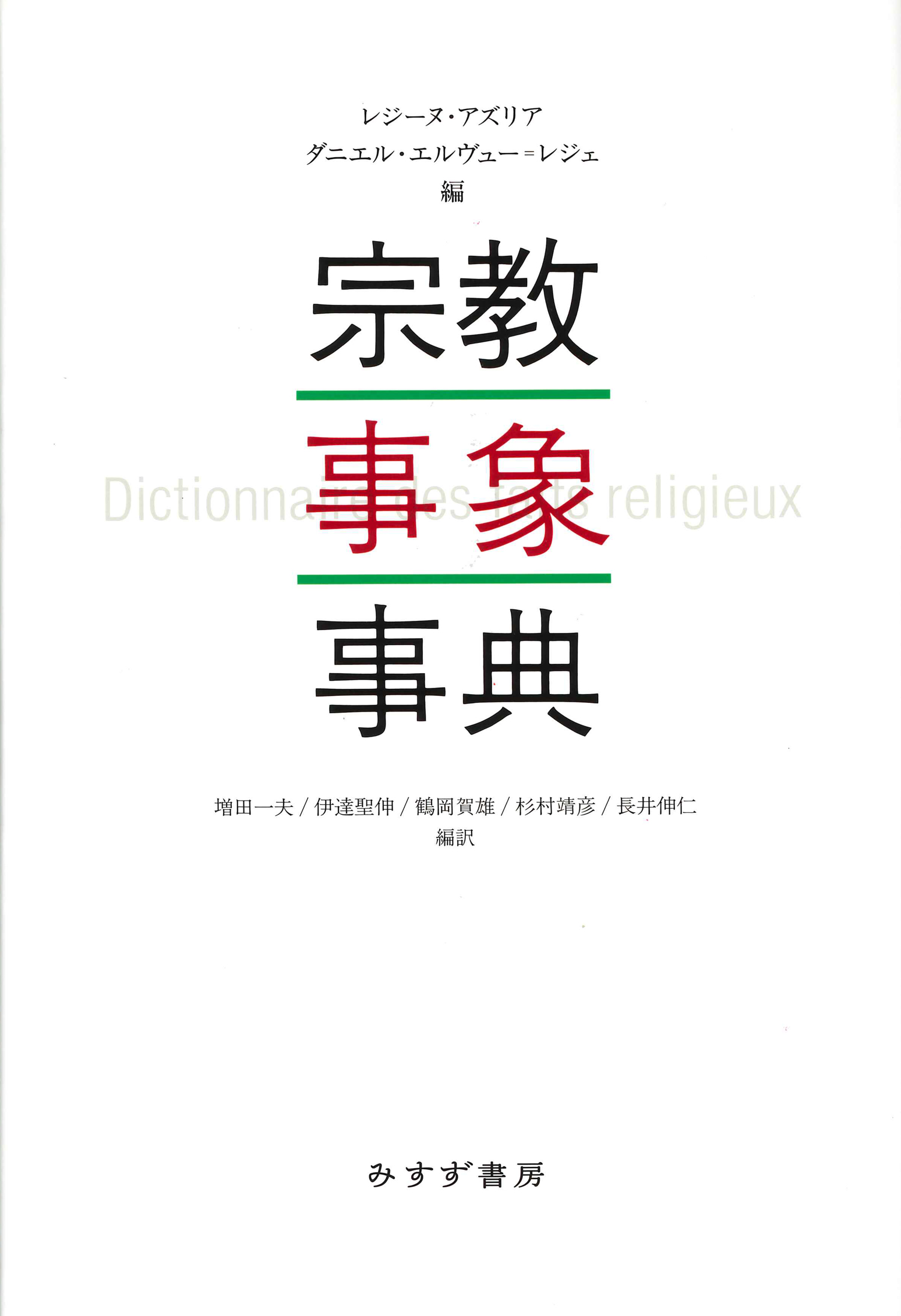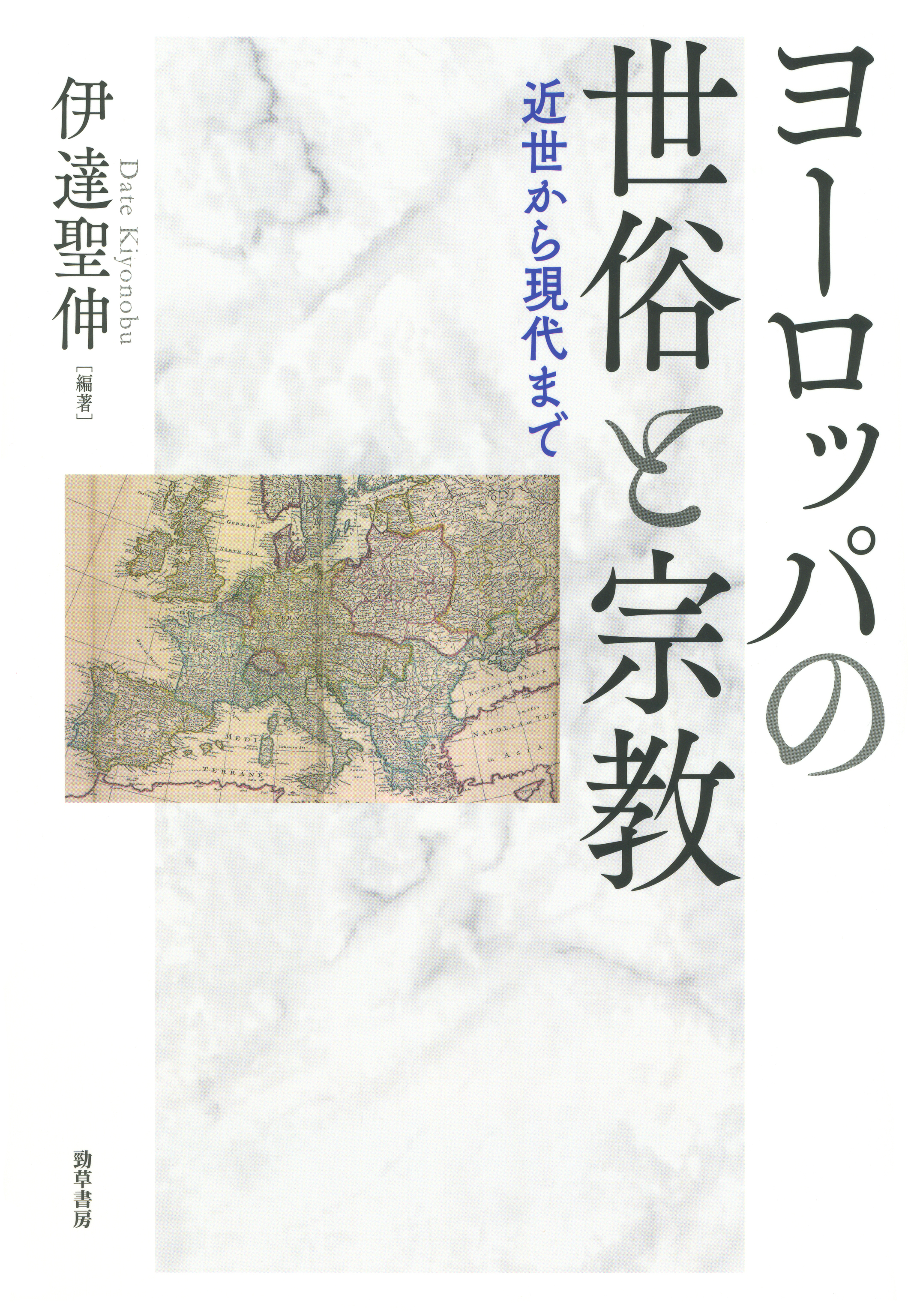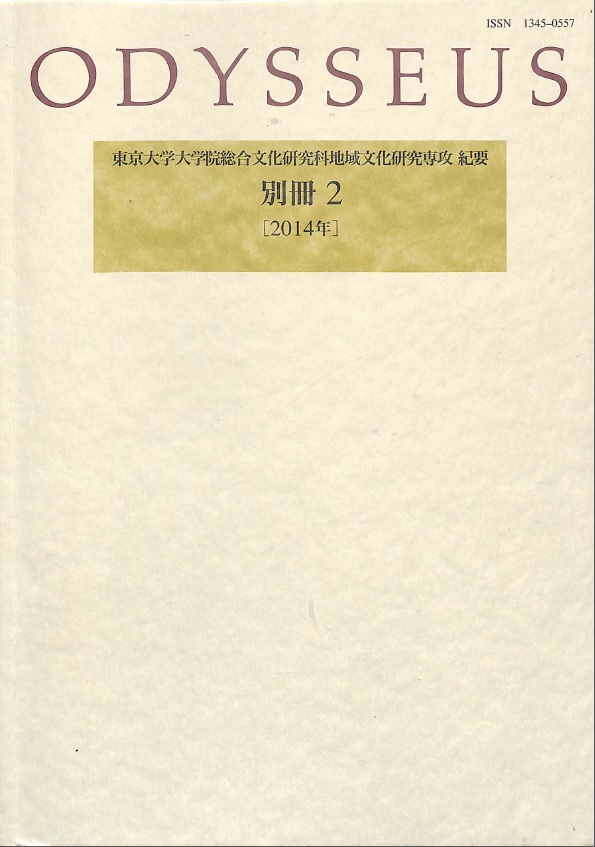
Title
ODYSSEUS Tokyo-Daigaku Daigakuin Sogo-Bunka Kenkyu-ka Chiiki-Bunka-Kenkyu Senko Kiyo (University of Tokyo Graduate School of Arts and Sciences, Department of Area Studies: Bulletin, Extra Volume 2 – 2014)
Size
154 pages
Language
Japanese, English, German
Released
March 28, 2015
ISSN
13450557
Published by
University of Tokyo Graduate School of Arts and Science, Department of Area Studies
Book Info
See Book Availability at Library
Tokyo-Daigaku Daigakuin Sogo-Bunka Kenkyu-ka Chiiki-Bunka-Kenkyu Senko Kiyo
Japanese Page
Since the first “Islamic headscarf affair” in 1989, French society has responded severely towards Islam. While reexamining the relationship between modern society and religion, this collection of essays considers various phenomena that have arisen surrounding Islam in France in recent years, from a perspective that past literature has not addressed.
“Religious modernity” used to be considered an extension of the secularization or “disenchantment” of the world, as presented by Max Weber. This view, which was dominant until the 1970s, had to be reviewed following the Iranian Revolution and the emergence of new religious phenomena in Western societies. Furthermore, starting in the 1980s, there were discussions of a “return of religion” and the “revenge of God.” Huntington’s “Clash of Civilizations” thesis presented global geopolitics as being divided by religious opposition, and religion came to be spoken of as a factor shaping the world beyond mere political ideology.
France has laïcité: a principle of secular governance, or separation between state and religion. This was originally intended to bring about coexistence by stipulating the religious neutrality of the state. Today, however, this principle of coexistence has the unfortunate tendency to turn into a principle of anti-religion, which, through strong criticism of Islam, appears to be making coexistence challenging.
This collection of essays introduces recent ideas from French researchers on “religious modernity,” “secularization,” and “nationalism,” and raises a series of questions. In 2003, the French Council of the Muslim Faith (CFCM) was established under the auspices of the government. Why would a republican state that advocates strict separation between state and religion (laïcité) seek to organize and manage Islam? Moreover, school expulsion under the so-called “scarf ban” is depriving Muslim girls of the opportunity to receive an education. Why have the majority of French feminists nonetheless supported this law as a measure against the oppression of women? French political discourse does not allow use of the term “race,” coming from a standpoint that rejects the idea of “racism.” Yet does this not in fact conceal discrimination between “races” or ethnicities and hinder the reduction of any disparities? These questions should uncover the peculiar character of the French Republic’s self-proclaimed universalist systems.
As an internal investigation of Islam, the collection also features a piece on the relationship between the 2011 Egyptian Revolution and Egypt’s Al-Azhar University, a center of Islamic research; in contrast with the West, this article shows a push towards separation between politics and religion. There is also an urgent report-style essay on French society’s reactions following the Charlie Hebdo attack, which occurred immediately prior to the printing of the volume.
This collection of essays is part of the research and findings from the 2010-2013 Grant-in-Aid for Scientific Research (B) “Religions and Living Together: Laicity, Secularization, and the Islamic Perspective” (Principle investigator: Kazuo Masuda; No. 22320027).
(Written by MASUDA Kazuo, Professor, Graduate School of Arts and Sciences / 2019)



 Find a book
Find a book


